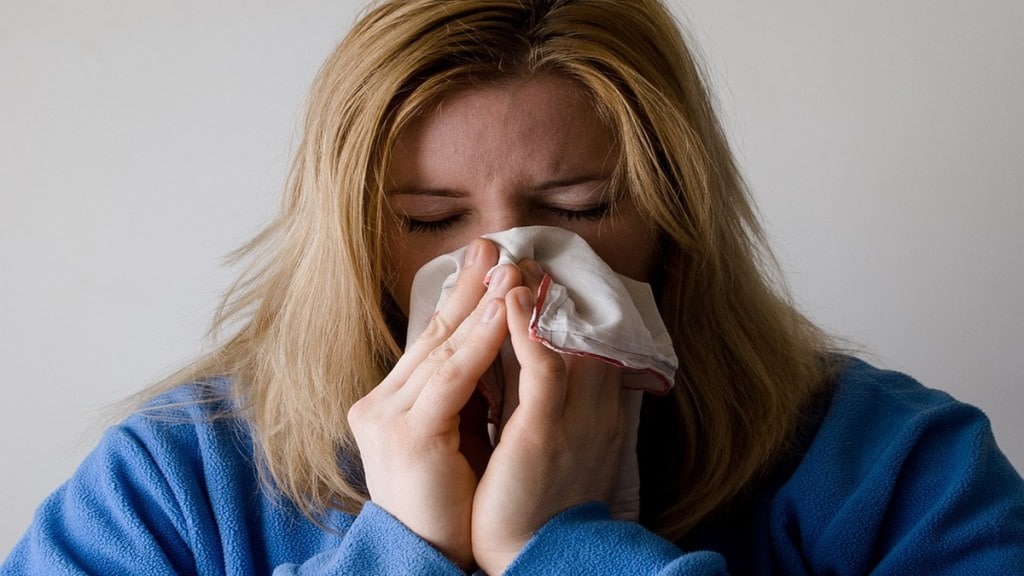You must have seen that the colour of your nasal discharge tends to change and it is never the same. Scientists maintain that there are many reasons why your snot’s changes colour when you’re unwell.
Interestingly, the colour and consistency of your nasal mucous can reveal intriguing details about your immune system, and how your body responds to illnesses. Your nasal mucous protects you by trapping dust, bacteria, viruses and other irritants – preventing them from reaching the respiratory system’s deeper parts.
When you get sick mucus becomes thicker, more abundant and sometimes colourful. These changes highlight your immune system’s response. Here’s what colour of your nasal mucous says about your health:
- Clear: A clear discharge means you are healthy. It’s mostly water, combined with proteins, salts and cells that keep the nasal passages moist and trap particles. However, if you develop allergies or you are about to get viral infection, there might be over production of clear mucus.
- White: White nasal discharge occurs when you have congestion. When the nasal tissue gets inflamed, the mucus flow slows down and it gets thick. This can be the beginning of an infection, such as a cold, as your immune system starts mobilising against invaders.
- Yellow: When your nose releases yellow mucus, it means that your body is actively fighting off the infection. White blood cells die and releases enzymes that give mucus its yellowish colour. The body responds this way when it is fighting viral infections – including the common cold, influenza and respiratory syncytial virus (RSV).
- Green: While green mucus often indicates a bacterial infection, it can also occur when your body mounts a robust immune response to aggressive viral pathogens.
- Red or pink: A pink or reddish tint in mucus means there’s blood present in the nasal discharge. This occurs after excessive nose blowing or exposure to dry air.
- Brown or orange: Brown or orange mucus occurs when you inhale environmental debris – such as smoke or dust. While typically harmless, it may suggest irritation or prolonged inflammation.
- Black: Black mucus is rare and may indicate serious issues – such as a fungal infection (particularly in immunocompromised people) or heavy exposure to pollutants such as soot or cigarette smoke. If you see black-coloured mucus, you should get immediate medical attention.


